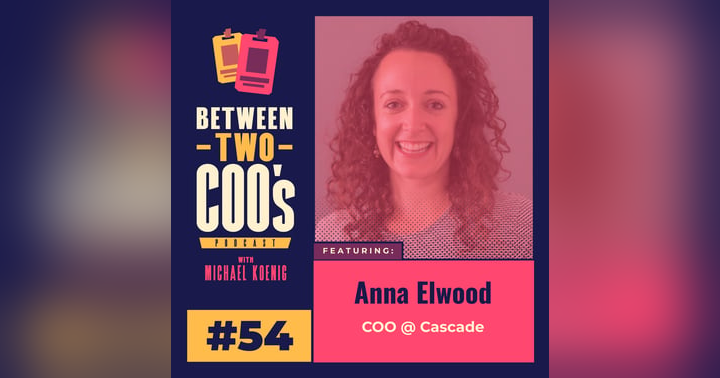The Slow Road to AI Adoption Might Just Be The Fastest
I was recently asked about how I'm thinking about AI tool adoption. Here's my answer.
First, I'm bullish on AI like any other tech COO. We can do more faster with less. It's beautiful efficiency.
But patience is key.
We're in the Wild West stage of new tech, and one mistake I've made in the past that I will not repeat is rushing to adopt new tools that hit the market, and AI will not be any different.
Here's what I expect to happen.
1. The leading foundation models will eventually hit parity and be equally good.
2. Foundation model companies will compete on price, driving costs down.
3. Market consolidation will happen, and foundation model companies will compete on features (we're already seeing this). This will make their offerings richer but also have the adverse effect of putting feature-based AI companies (built on top of foundation companies) out of business. Those that survive will adapt and evolve.
4. Switching costs are real and significant. Feature-based companies going out of business is a considerable risk to customers that have to absorb switching costs to the product and then away from it once it tanks.
5. Privacy and data protection are generally an afterthought when new tech launches, especially when it's based on using data to improve (train). The adage "if you don't pay for the product, you are the product" doesn't necessarily apply here. Paying for the product will not exclude you from being the product - the product needs your (and your company's) data.
Patience is key here.
That doesn't mean don't experiment though.
For me, 2024 is all about experimentation, finding our use cases and specific problems that we want to solve, and evaluating AI tech to solve them. We'll decide what we want to use, be thoughtful about deploying it, and do large-scale rollouts in 2025.
Yes, this is slow by design, but with good reason. It's a duststorm of AI right now, and we need to see it settle so that we can make educated and logical decisions.
For us, the risks associated with getting it wrong are too significant, and once the toothpaste is out of the tube, we won't be able to get it back in.
Experiment, experiment, experiment.
--
This post was originally posted on LinkedIn here by Between Two COO's host, Michael Koenig.






